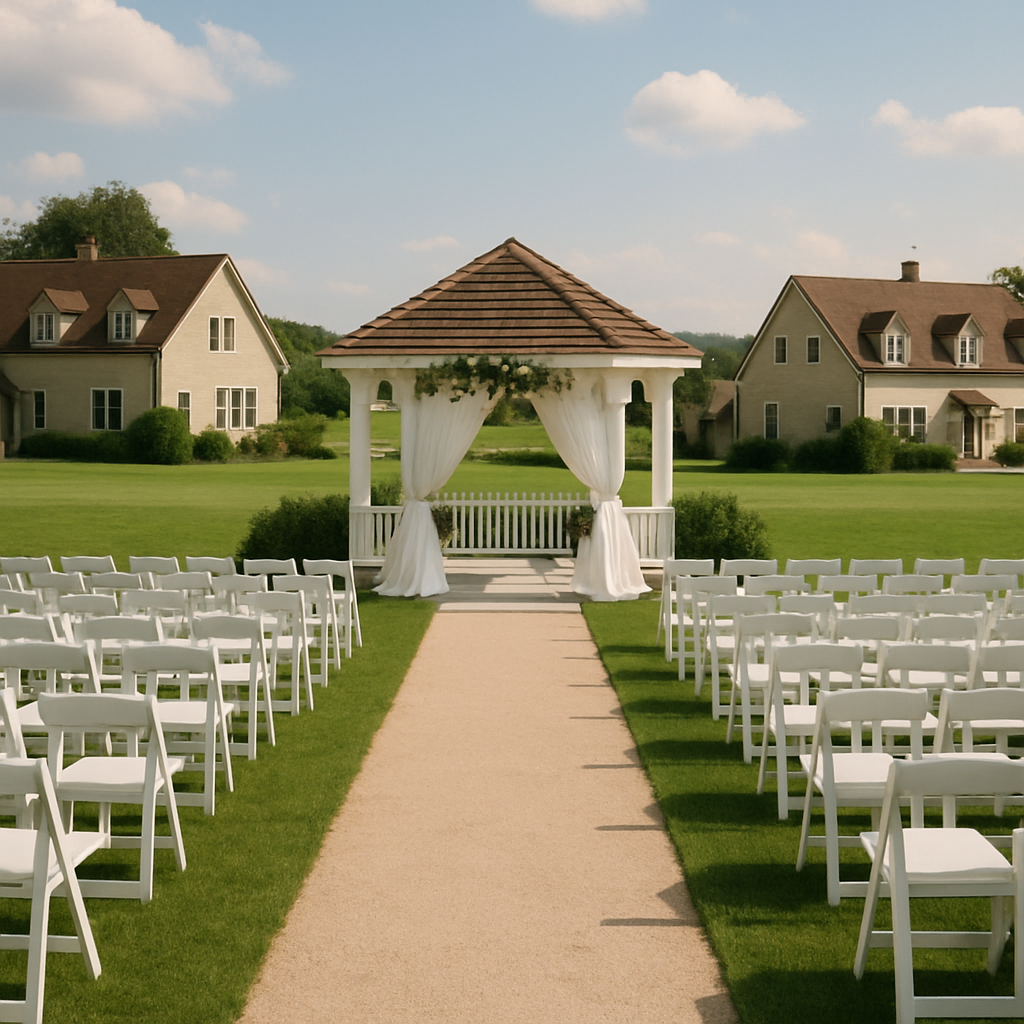Planning an event can be an exhilarating experience, whether it’s a wedding, a corporate gathering, or a community function. However, one of the most crucial and often challenging aspects of event planning is budgeting for your event venue rental. In this guide, we’ll explore how to efficiently budget for venue hire, ensuring your event is both successful and financially sound.
Before you can effectively budget, it’s essential to understand what you need from your venue. Start by considering the type and size of the event, the number of attendees, and any specific requirements such as audio-visual equipment or catering facilities.

Type of Event
Different events have different needs. A wedding might require a picturesque location with ample space for dining and dancing, while a corporate event might prioritize conference rooms with state-of-the-art technology. Identifying the nature of your event will guide your venue selection process.
Number of Attendees
The size of your guest list will significantly influence your choice of venue. A small gathering might fit comfortably in a cozy function room, whereas a larger event might necessitate a spacious hall. Understanding the number of attendees helps narrow down potential venues and avoid overpaying for unused space.
Special Requirements
Consider any special requirements your event might have. Do you need a stage for a presentation or a dance floor? Will you require catering services or a kitchen on-site? Identifying these needs early on will help you filter venues that meet all your criteria.

Setting a Realistic Budget
Once you have a clear understanding of your venue needs, it’s time to set a realistic budget. Here are some steps to guide you through the process:
Research Venue Options
Start by researching a variety of venue options in your desired location. Look for venues that match your event type and size requirements. Comparing different venues will give you a sense of the average cost for events venue hire in your area.
Consider All Costs
When budgeting, it’s crucial to consider all potential costs associated with venue hire. This includes not only the rental fee but also additional expenses such as security deposits, insurance, and any extra services the venue may offer.
Prioritize Your Spending
Identify which aspects of the venue are most important to you and allocate your budget accordingly. If a prime location is your top priority, you might need to adjust other areas of your budget to accommodate this.
Negotiating Venue Costs
Once you’ve identified a potential venue, the next step is to negotiate costs. Here are some tips for effective negotiation:
Book in Advance
Booking your venue well in advance can often result in lower prices. Venues may offer discounts for early bookings, as it helps them secure business and plan their schedules.
Be Flexible with Dates
If possible, be flexible with your event date. Venues may offer reduced rates for off-peak times or weekdays when demand is lower. This flexibility can significantly reduce your overall venue hire cost.
Ask About Package Deals
Many venues offer package deals that can include catering, decoration, and other services at a discounted rate. Inquire about these packages, as they can provide excellent value and simplify your event planning process.
Hidden Costs to Watch Out For
When budgeting for venue hire, it’s important to be aware of hidden costs that can impact your budget:
Service Charges and Taxes
Some venues may have additional service charges or taxes that are not included in the initial quote. Always ask for a detailed breakdown of all costs to avoid any surprises.
Cancellation and Change Fees
Understand the venue’s policy on cancellations and changes. Some venues charge significant fees for last-minute changes or cancellations, which can impact your budget if unexpected changes occur.
Additional Equipment or Services
If your event requires additional equipment or services not provided by the venue, you may need to rent these separately. Ensure you account for these potential costs in your budget planning.
Making the Most of Your Budget
Maximizing your budget ensures you get the best value for your money. Here are some strategies to make the most of your event venue budget:
Utilize In-House Services
Many venues offer in-house services such as catering, audiovisual equipment, and decoration. Utilizing these services can be more cost-effective than hiring external vendors, and it simplifies coordination.
Share Costs with Partners
If your event involves partners or sponsors, consider sharing venue costs. This collaboration can reduce financial pressure and provide mutual benefits, such as shared marketing opportunities.
Limit Extra Amenities
While it’s tempting to add extra amenities to enhance your event, it’s essential to stick to your budget. Focus on the necessities and consider cutting non-essential extras that may push you over budget.
Evaluating Venue Contracts
Before finalizing your venue hire, carefully evaluate the contract. Ensure all terms are clear and that there are no unexpected clauses that could impact your budget.
Key Contract Components
Look for key components in the contract, such as payment terms, cancellation policies, and what is included in the rental fee. If any terms are unclear, don’t hesitate to ask for clarification.
Negotiating Contract Terms
If certain terms in the contract seem unfavorable, negotiate with the venue. Many venues are willing to adjust terms to secure your business, especially if you are booking well in advance or during off-peak times.
Conclusion
Budgeting for your event venue rental doesn’t have to be overwhelming. By understanding your venue needs, setting a realistic budget, and being aware of potential hidden costs, you can find the perfect venue for your event without breaking the bank. With careful planning and negotiation, your event is sure to be a memorable success.
Remember, the key to successful venue hire is preparation, flexibility, and clear communication with your chosen venue. Happy planning!